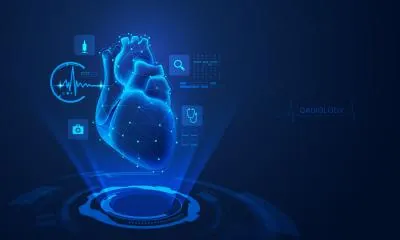
Revolutionary AI Predicts Biological Heart Age, Revealing Cardiovascular Risks from Routine ECGs!
2025-04-01
Author: John Tan
Introduction
In an astounding advancement for cardiovascular health, researchers have unveiled a groundbreaking use of artificial intelligence (AI) that assesses the biological age of the heart based on standard electrocardiogram (ECG) data. This innovative technology could redefine how we understand individual heart health and cardiovascular risk.
Key Findings from EHRA 2025
At the recent EHRA 2025, a prestigious congress hosted by the European Society of Cardiology (ESC), scientists showcased their findings. Their study involved an extensive analysis of ECG data from nearly half a million patients, enabling them to create a sophisticated algorithm capable of predicting biological heart age. This algorithm identifies those most vulnerable to serious cardiovascular events and potential mortality.
Understanding Biological Heart Age
Imagine someone who is 50 years old but suffers from heart issues—this individual may possess a biological heart age of 60. Conversely, another 50-year-old, blessed with optimal heart health, might exhibit a biological heart age of just 40. This significant differentiation could be pivotal in tailoring prevention strategies and managing health proactively.
Implications on Mortality and Cardiovascular Events
Associate Professor Yong-Soo Baek from Inha University Hospital in South Korea emphasizes the gravity of these findings: “Our research showed that when the biological age of the heart exceeds its chronological age by seven years, the risk of all-cause mortality and major adverse cardiovascular events (MACE) increases sharply.” Indeed, findings suggest that an elevated biological heart age of seven years or more correlates with a staggering 62% increased risk of death and a 92% augmented chance of experiencing MACE. Conversely, if a heart is assessed to be seven years younger than its actual age, individuals experience a 14% decrease in risk of death and a 27% reduction in MACE.
The Role of AI in Cardiology
This research not only highlights the transformative potential of AI in healthcare but also underscores a broader trend towards integrating AI into clinical diagnostics, particularly in cardiology. "Our approach represents a potential paradigm shift in cardiovascular risk assessment," Baek states, hinting at future advancements that could arise from this technology.
Research Methodology
To develop the deep learning model, researchers trained the AI on a robust dataset of 425,051 ECGs collected over 15 years. This model was subsequently validated with an independent group of 97,058 ECGs, ensuring the reliability of its predictions. Particularly for patients with reduced ejection fraction—indicating compromised heart function—AI-derived heart age consistently indicated older biological heart ages, alongside abnormal electrical measurements.
Future of Cardiac Care
What does this mean for the future of cardiac care? The correlation between biological heart age derived from AI and established biomarkers of heart health suggests that this technology could revolutionize early detection and preventive strategies in cardiovascular healthcare.
Conclusion
In conclusion, the estimated biological heart age calculated through AI from standard ECGs holds immense promise for enhancing early diagnosis and improving patient outcomes. As researchers call for further studies to cement these findings, the health community is on the brink of a major breakthrough in understanding and managing heart health—potentially saving countless lives along the way!


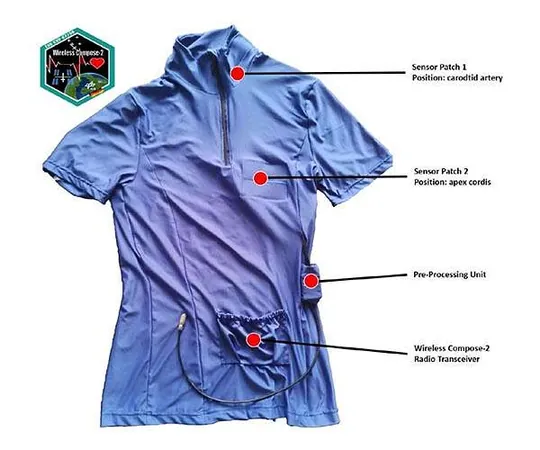
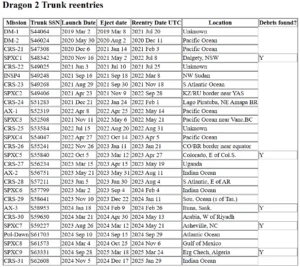
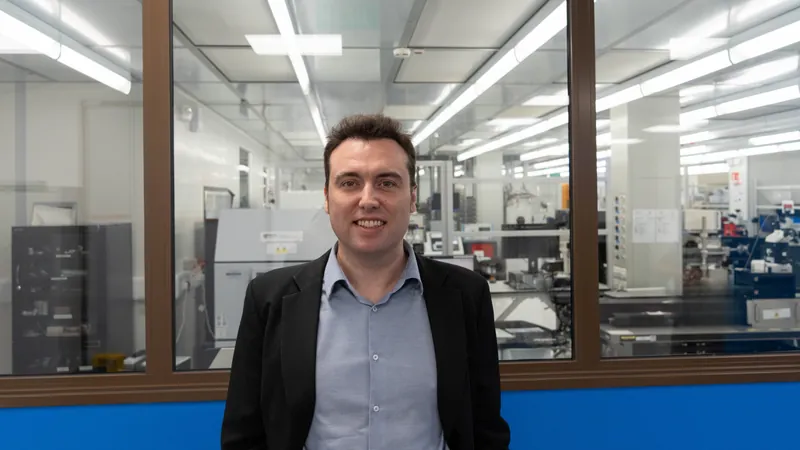
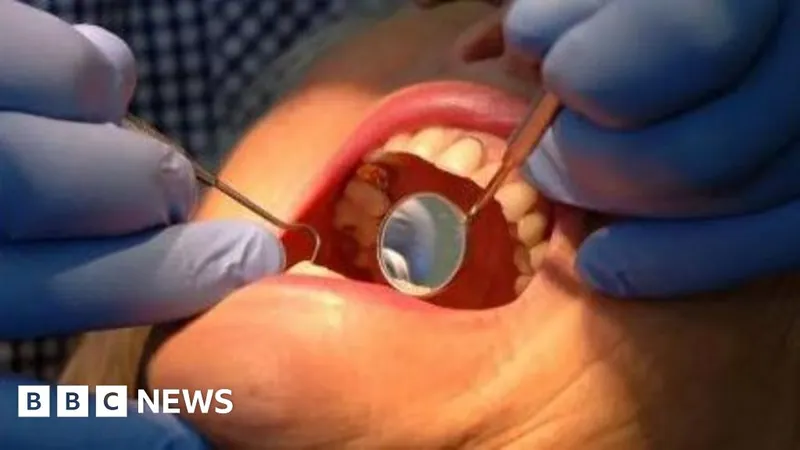
 Brasil (PT)
Brasil (PT)
 Canada (EN)
Canada (EN)
 Chile (ES)
Chile (ES)
 Česko (CS)
Česko (CS)
 대한민국 (KO)
대한민국 (KO)
 España (ES)
España (ES)
 France (FR)
France (FR)
 Hong Kong (EN)
Hong Kong (EN)
 Italia (IT)
Italia (IT)
 日本 (JA)
日本 (JA)
 Magyarország (HU)
Magyarország (HU)
 Norge (NO)
Norge (NO)
 Polska (PL)
Polska (PL)
 Schweiz (DE)
Schweiz (DE)
 Singapore (EN)
Singapore (EN)
 Sverige (SV)
Sverige (SV)
 Suomi (FI)
Suomi (FI)
 Türkiye (TR)
Türkiye (TR)
 الإمارات العربية المتحدة (AR)
الإمارات العربية المتحدة (AR)